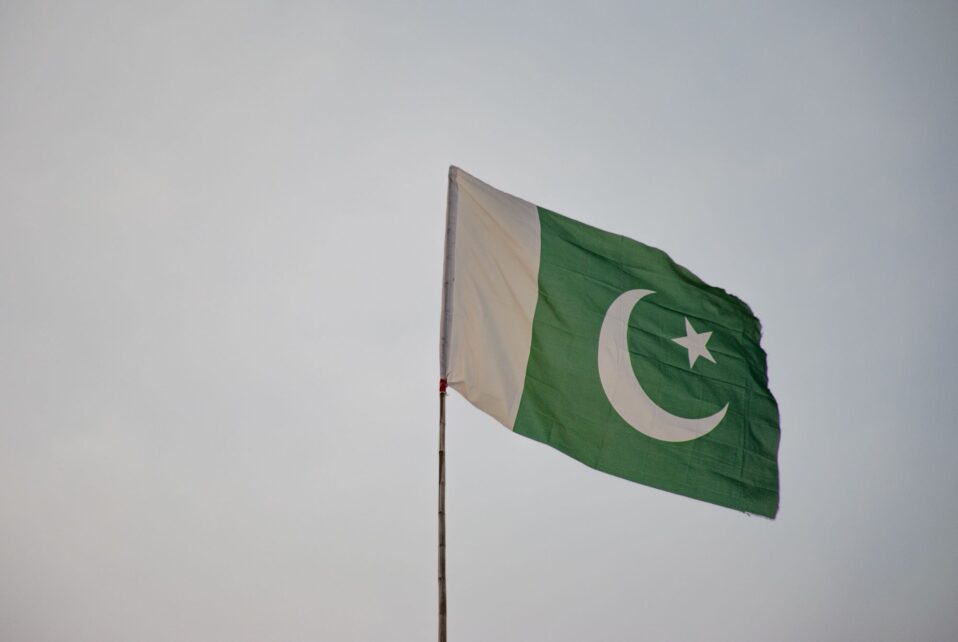The Breakdown
Islam, one of the world’s major religions, has numerous sects among its following with Shia being one that is prominent in the Middle East. While states such as Iraq and Iran have a majority of Shia followers that mostly live in a peaceful coexistence among other Islam sects, Pakistan offers a noticeably different experience for the Shia. In Pakistan, the Shia are the minority. They are consistently met with violent threats, persecution, and discrimination, especially by the Lashkar-e-Jhangvi group. By exploring the historical context, distinct discriminatory incidents against Shia in Pakistan, and prior efforts to find a peace, solutions surface that are well within the capability of the government of Pakistan and local communities to ensure peace and protection for this minority group.
The Lashkar-e-Jhangvi and the Widespread Shia Persecution
Shia Muslims in Pakistan represent only a small fraction, specifically 10-20%, of the entire population. Sunni Muslims, who significantly outnumber the Shia have maintained historically rooted antagonistic sentiments. This stems from centuries-old disputes around religious interpretations of sacred Islam texts. At the same time, parts of the Middle East, from the late of the 20th century to today, became a breeding ground for violence justified by religion. The region alone is responsible for 36% of worldwide terrorism, a statistic that alludes to the pressing need for more concentrated peace and reconciliation efforts.
The U.N., recognizing this escalating threat, rolled out the Global Counter-Terrorism Strategy in 2006. Although well-intended, its primary focus was on the major terror outfits. As a result, smaller yet potent groups like the Lashkar-e-Jhangvi were often sidelined in global counter-terrorism initiatives. This organization’s modus operandi is unique in that it doesn’t aim for significant political changes, it rather specializes almost exclusively in terrorizing Shia communities. Their atrocities since the onset of the 21st century are grim, causing around 700 Shia deaths, a number that is tragically high for any civil society.
After the attacks of September 11, 2001, the controversy surrounding Osama Bin Laden’s concealment and subsequent death became a focal point for the world’s attention as it related to Pakistan. Questions arose, hinting at Pakistan possibly providing safe haven to the world’s most-wanted terrorist. Such allegations have added to concerns about Pakistan’s genuine commitment to combating terrorism. With the Prime Minister’s 2020 statement, where Bin Laden was referred to as a “martyr”, the water became murkier. Such developments rose genuine apprehensions that extremist groups like Lashkar-e-Jhangvi might be operating with impunity in Pakistan, subsequently threatening regional stability.
The Shia, an already vulnerable community in Pakistan, face heightened persecution, compounded by stringent blasphemy laws. An incident involving Syed Kareem, who voiced his sentiments online, served as a case in point. His comments against the killing of a historic Shia figure led to him being branded an extremist, resulting in blasphemy charges. This already volatile situation was exacerbated in September 2022 when widespread Sunni protests erupted with demands that were not only discriminatory, but also alarmingly violent.
Pakistan’s Shifting Political Landscape & Strategic Policy Recommendation
Pakistan’s political trajectory, especially in recent years, appears to lean increasingly towards extremism. The events of 2017 and 2018, where hardline groups secured political influence, is a testament to this worrying shift. Their growing clout in the parliamentary corridors of power has many international observers concerned, particularly considering their alleged ties to terrorism.
To provide lasting solutions to the issues at hand, a dual approach is required: a strong domestic policy framework augmented by international support. Pakistan, with its intricate socio-political landscape, must design robust mechanisms to screen and disqualify potential office-bearers with extremist leanings or terror affiliations. A stringent governmental background check mechanism should be the cornerstone of this policy, ensuring that individuals with extremist associations are meticulously filtered out.
Emerging from anti-Shia sentiments of the 1990s, Lashkar-e-Jhangvi’s rapid evolution into a dominant extremist force in Pakistan deserves intense scrutiny. Their doctrine, rooted in a rigid Sunni interpretation, sees Shias as apostates. This not only endangers this already threatened minority but also poses significant challenges to Pakistan’s secular fabric. Their operational prowess is further bolstered by their connections with major terror networks, such as the Taliban and al-Qaeda. Effectively countering their influence demands a multi-faceted approach: a combination of military action, intelligence maneuvers, socio-economic development strategies, and proactive interfaith dialogues. For Pakistan’s national growth, stability, and enhanced international image, neutralizing such threats is non-negotiable.
With deep-seated historical prejudices intensifying, and the nation’s political trajectory seemingly favoring extremist ideologies, comprehensive policies are an urgent need to ensure the Shia community’s safety and the overarching stability of Pakistan.
Written by: Justin R. Boulanger, a MS candidate in the Global Studies and International Relations program at Northeastern University.


